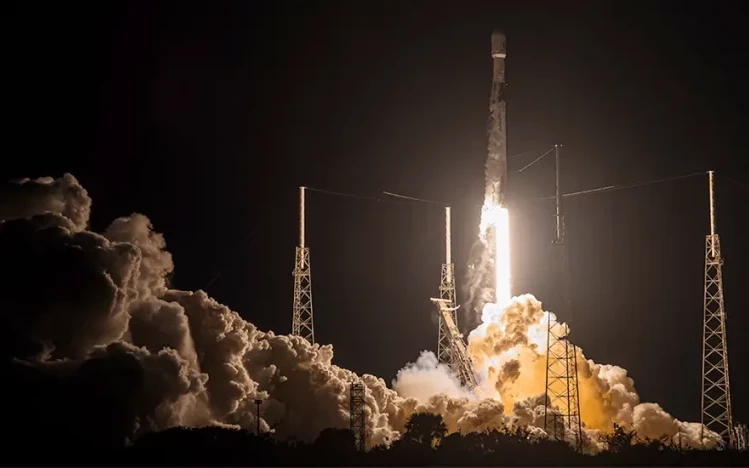Today, Viasat Inc. announced the completion of its acquisition of Inmarsat.
The combined company will enhance the entities' scale and scope to continue to drive growth in the increasingly dynamic and competitive satellite communications industry, Viasat said. The company’s assets, once fully integrated, are designed to increase the pace and scope of innovation in the global satellite connectivity sector, offering new and improved capabilities to customers that will address the ever-increasing speed, flexibility, reliability, coverage and security they demand.
The closing of the Inmarsat acquisition brings together spectrum, satellite, and terrestrial assets, including 19 satellites in space spanning Ka-, L- and S- bands. Viasat said that these complementary assets are expected to deliver connectivity and key safety services across maritime, aviation, government and consumer markets with speed and reliability of connection front of mind.
Under the terms of the purchase, Inmarsat shareholders received $551 million in cash, subject to adjustments, and approximately 46.36 million shares of common stock. The cash portion of the purchase price was reduced from $850 million to $551 million after Inmarsat paid a $299 million special dividend to its shareholders in April 2022. The shares issued to the Inmarsat shareholders at the closing represent an aggregate of approximately 37.6% of the total shares of Viasat common stock on a fully diluted basis, with no Inmarsat shareholder receiving shares representing 10% or more.
In connection with closing of the acquisition on May 30, Viasat drew down on approximately $1.35 billion of its committed financing package, including a $617 million secured term loan facility and a $733 million unsecured bridge loan. The lower financed amount reflects in part the reduction in the cash component of the purchase price.
“We are thrilled to welcome Inmarsat’s employees, customers, shareholders and partners into the Viasat ecosystem,” Mark Dankberg, chairman and CEO, Viasat, said in a statement announcing the finalization of the acquisition . “The combination of our companies brings together the people, technology, innovation, network assets, spectrum resources and global partnerships needed to help connect the world more affordably, securely and reliably. Together, we believe we are positioned to offer customers a multi-layered network that gives them the right connectivity at the right time, place and price.
“Thanks to all those who worked so tirelessly and thoroughly to complete this transaction,” said Dankberg. “I’d also like to thank the Viasat team and the leadership team at Inmarsat, especially the contributions of Rajeev Suri, Inmarsat CEO, and Andy Sukawaty, Inmarsat Chairman. Rajeev and Andy will be joining the Viasat Board of Directors as representatives of the prior Inmarsat private equity ownership consortium. I look forward to their continued contributions to the company."
The combined company will continue to be led by Dankberg as chairman and CEO and Guru Gowrappan as president. Viasat also reconfirmed that its new international business headquarters will be in London. Corporate headquarters will remain in Carlsbad, Calif.
“Our goal is to be the undisputed leader in satellite communications with a sharp focus on providing the best products and services for our customers,” said Gowrappan. “We are more than the sum of our parts. This combination broadens the global fixed and mobile services available to customers in an industry-defining moment. We intend to move quickly to bring the best from each company together in a way that creates much deeper value for our stakeholders and ensures we deliver on our synergy commitments.”
“Satellite communications is a hugely significant and strategic global market for the U.K. space sector, now poised for an exciting next phase,” said George Freeman, the U.K.’s minister of state at the Department of Science, Innovation & Technology. “The combination of Viasat and Inmarsat creates a global leader in satellite communications here in the U.K. It brings significant investment, hundreds of new highly skilled jobs and will serve as a catalyst for substantial economic growth. Having met both companies, I look forward to working with them as we use the U.K.’s regulatory freedom and leadership to support advanced technologies to boost the space economy’s productivity, profitability and sustainability."




